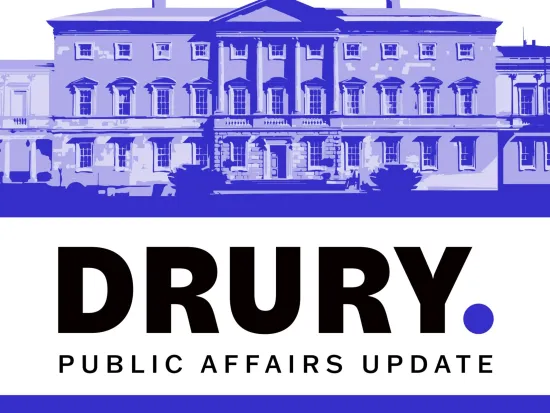The Role of Communications in Mergers & Acquisitions
Mergers and Acquisitions (M&A) are more than financial transactions - they're complex narratives that need careful management and planning with an effective communications strategy. Just as you wouldn't finalise a deal without legal or financial advisors, neither should you move forward without a robust communications strategy.
Whether it’s a small acquisition or large-scale merger communications is essential, yet it’s often sidelined in the urgency of deal making which can lead to confusion and lack of clarity among key stakeholders.
When relevant stakeholders are kept in the dark or given mixed messages, uncertainty can fill the void. By contrast, a well-crafted communications plan can ensure a smoother process, enhance a company's reputation, help to retain top talent, and preserve customer confidence throughout and post-transaction.
Many audiences can be affected - employees worry about job security, investors scrutinise the strategic logic or customers fear changes in service. Transparent communication keeps these stakeholders aligned and reassured.
Done right, an effective communications approach delivers tangible benefits with key advantages during a deal which include:
Managing risk and mitigating leaks: In today’s fast-moving media environment, preparing for the possibility of leaks and having a well-coordinated response ready is vital. A clear plan ensures the organisation can respond quickly and limit any potential damage.
Protecting reputation: Preparing and deploying clear messaging to customers, partners and the public help to manage the narrative and allay any perceived concerns about the merger’s impact, helping to protect the company’s reputation.
Maintaining employee engagement: Transparent updates can reassure employees and may help prevent any post-transaction talent retention challenges.
Communicating well at every stage sends a message of confidence. To realise these benefits, communication planning should be considered an important strategic priority throughout any M&A process:
Pre-announcement: Develop a comprehensive communication plan early. Craft a clear approach and key messages explaining why the deal makes sense and how it will positively impact. Anticipate tough questions and prepare straightforward answers. This groundwork ensures that when the deal is announced, it comes with a compelling narrative from day one.
Announcement: Coordinate the rollout of the news. Plan your communications cascade informing employees first to reduce speculation and ease concerns. For external audiences, clearly communicate the deal’s rationale, benefits, and any changes to expect in simple language, and be upfront about any challenges.
Post-close: After closing, equip managers to share integration plans and communicate changes.
Communications should not be an afterthought in M&A. It should sit alongside financial, legal, and operational planning from day one. Prioritising a robust communications strategy is essential to safeguarding the deal’s potential.
Ultimately, communication builds trust and manages uncertainty in any M&A scenario. Corporate executives, legal advisors, investors must recognise that strategic communication is not a "nice-to-have" but an essential ingredient for short and long-term M&A success.
Cian Doherty, Director, Financial Communications





